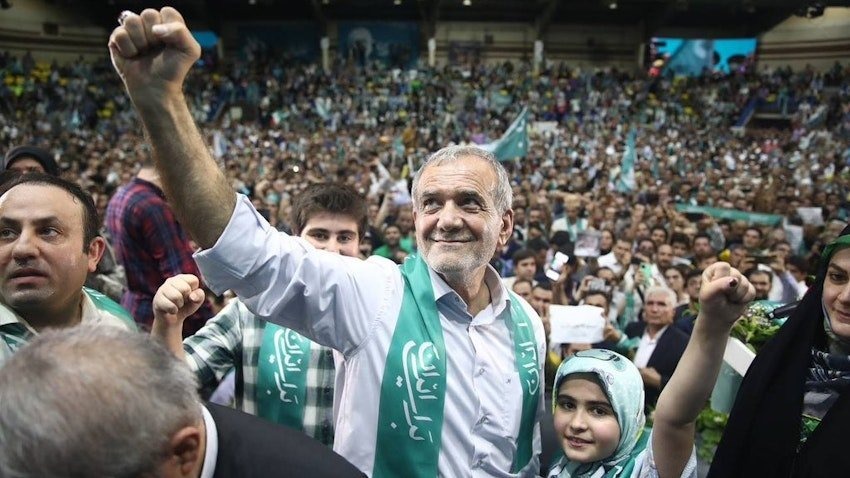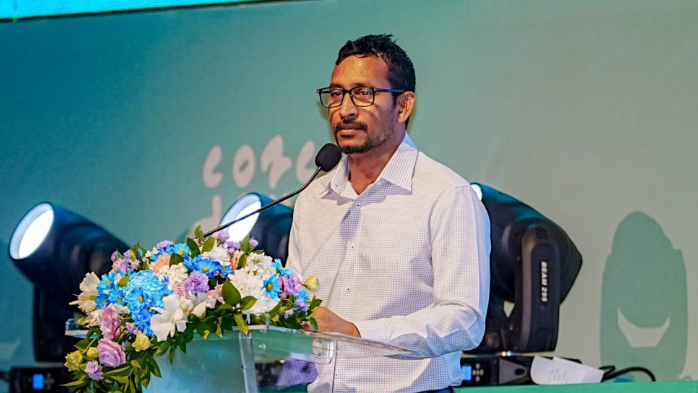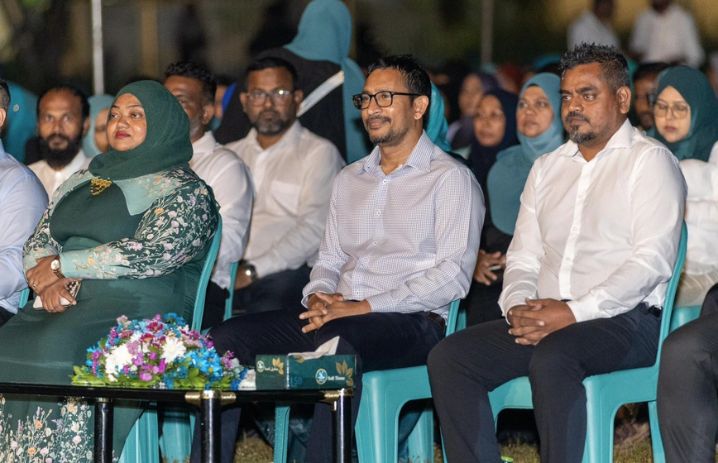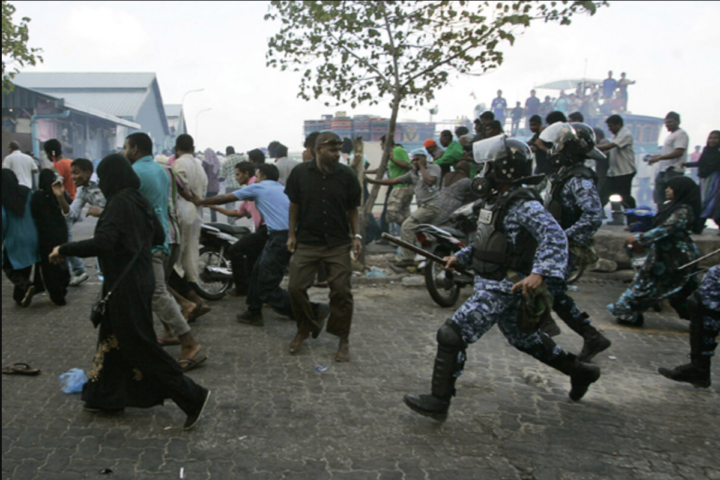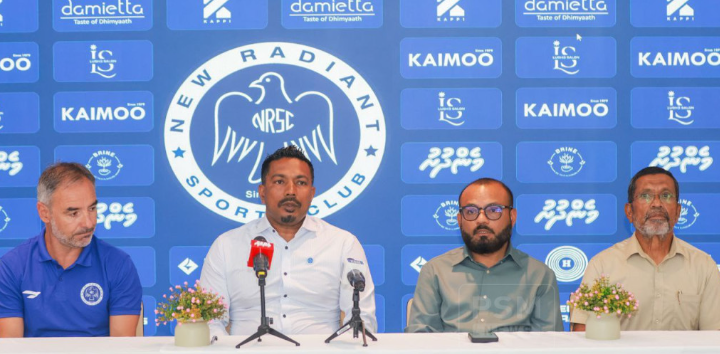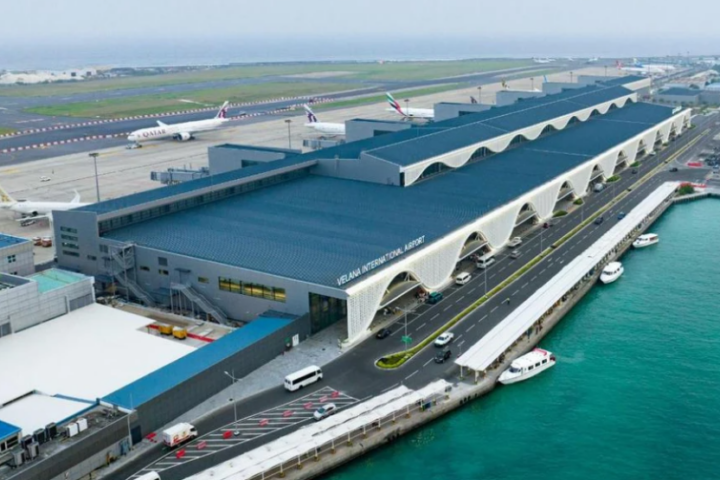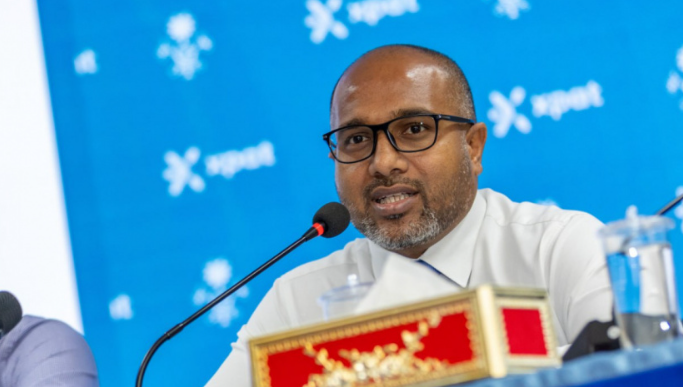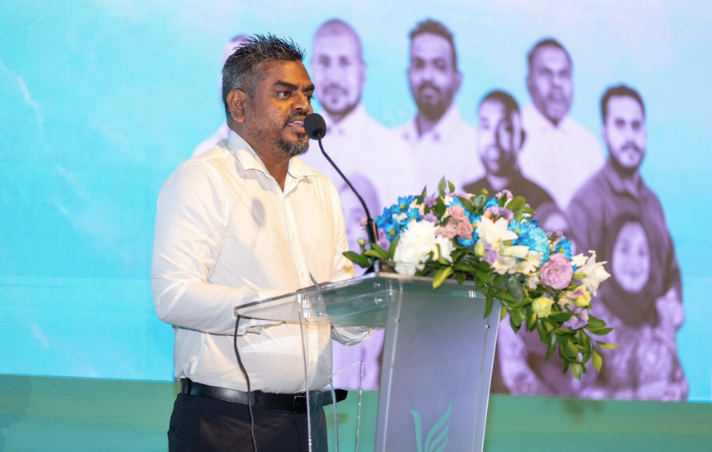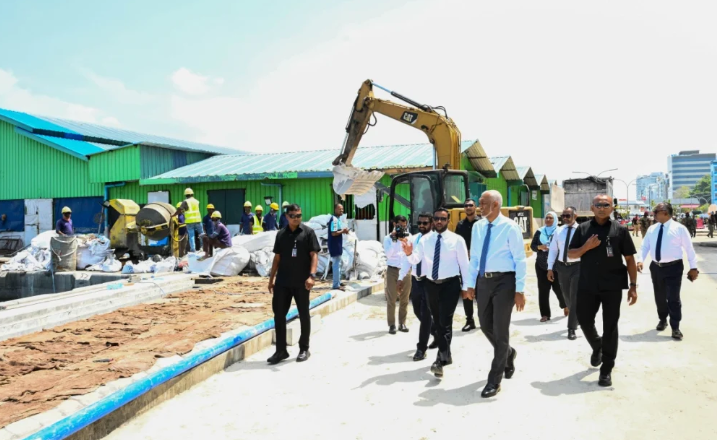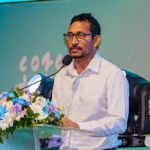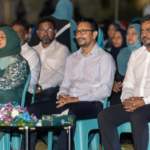Tehran, Iran — In a landmark victory for moderate forces in Iran, Mr. Masoud Pezeshkian, a 69-year-old cardiac surgeon, has won the presidential election, defeating hard-line opponent Saeed Jalili. This outcome marks a significant shift in a country governed by the Shia Imāmiyya school of Fiqh, under the oversight of the Guardian Council, which holds supreme authority.
Mr. Pezeshkian secured 16.3 million votes, surpassing Mr. Jalili’s 13.5 million, dealing a blow to the conservative faction and rejuvenating the reformist movement that had been marginalized in recent years. The voter turnout was notably higher than in the first round, with 50 percent of eligible voters casting ballots, totaling approximately 30.5 million votes, as reported by Iran’s interior ministry.
Iran’s political landscape, characterized by robust parliamentary debates broadcasted live, stands in contrast to other Islamic nations in the middle east. While Iran’s elections occur under the watchful eye of the Guardian Council, the Maldives practices a multi-party system, with regular, internationally observed elections. The Maldives, predominantly Sunni, has also seen its share of political turbulence, yet it maintains a relatively open electoral process compared to Iran’s more controlled environment.
Despite enduring sanctions since the Islamic Revolution of 1979, Iran has made notable advances in scientific and military sectors, achievements that distinguish it from many other Islamic nations.
Mr. Pezeshkian, a veteran of the Iran-Iraq war and a long-serving parliamentarian, has a compelling personal narrative. Having served as Iran’s health minister and deputy parliament speaker, he raised his children alone after his wife’s tragic death in a car accident. His background as an Azeri, an ethnic minority in Iran, and his campaign appearances with his daughter, resonated with a broad spectrum of voters.
In a country where political allegiances can be deeply entrenched, Mr. Pezeshkian’s appeal crossed party lines. Many conservatives found Mr. Jalili’s stance too extreme and believed it would exacerbate domestic tensions. High-profile figures such as former Foreign Minister Mohammad Javad Zarif supported Mr. Pezeshkian, framing the election as a choice between “day and night.”
Mr. Pezeshkian ran on a platform of unity and pragmatic solutions, urging collaboration to address Iran’s multifaceted challenges. He pledged to be a voice for all Iranians, including those disillusioned with the political process. “Iran is for everyone, for all Iranians,” he declared in his final campaign message.
Comparatively, in nations like Indonesia, the largest Muslim-majority country, democracy manifests through a system with multiple checks and balances, involving a vibrant civil society and a free press. Indonesia’s political process is markedly different from Iran’s, where the Guardian Council vets candidates and influences the electoral outcome.
This election also highlights the enduring impact of former President Ibrahim Raisi’s policies. During his tenure, Iran expanded its regional influence, forging stronger ties with Russia and China, while its nuclear program advanced significantly post-2018, following the U.S. withdrawal from the nuclear deal.
Mr. Pezeshkian acknowledges the intertwined nature of Iran’s economic woes and foreign policy. He has committed to negotiating to lift the crippling sanctions that have led to soaring inflation and a depreciating currency, signaling a potential thaw in the standoff with the West.
As Iran stands at this crossroads, the election of Mr. Pezeshkian reflects a desire for moderation and reform, offering a glimmer of hope for a nation navigating complex domestic and international landscapes. This development also underscores the diversity of political practices among Islamic countries, from Iran’s controlled yet lively political arena to the more open democratic processes in nations like the Maldives and Indonesia.
